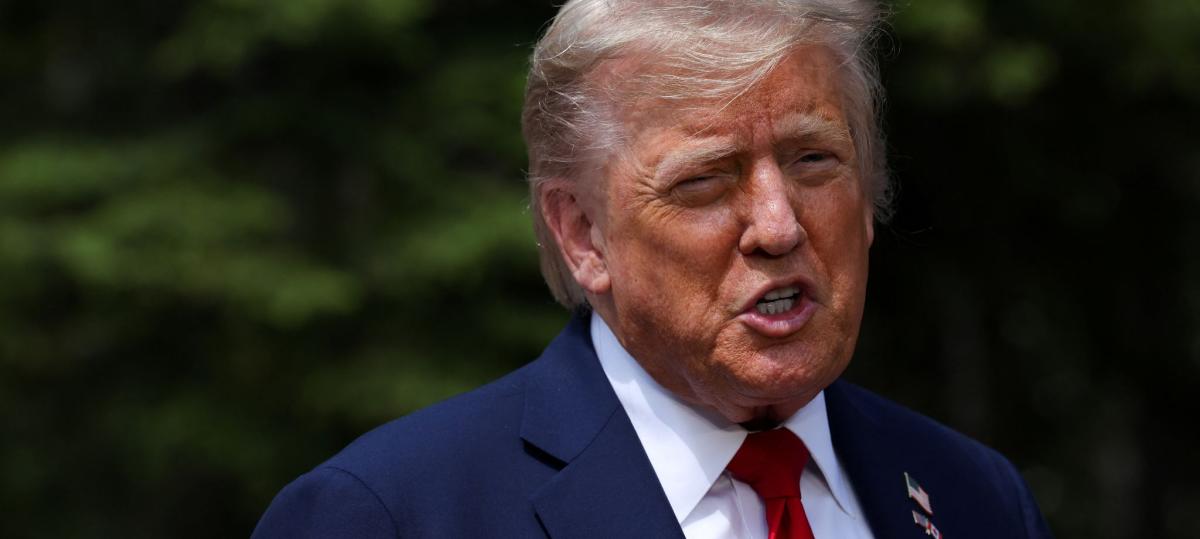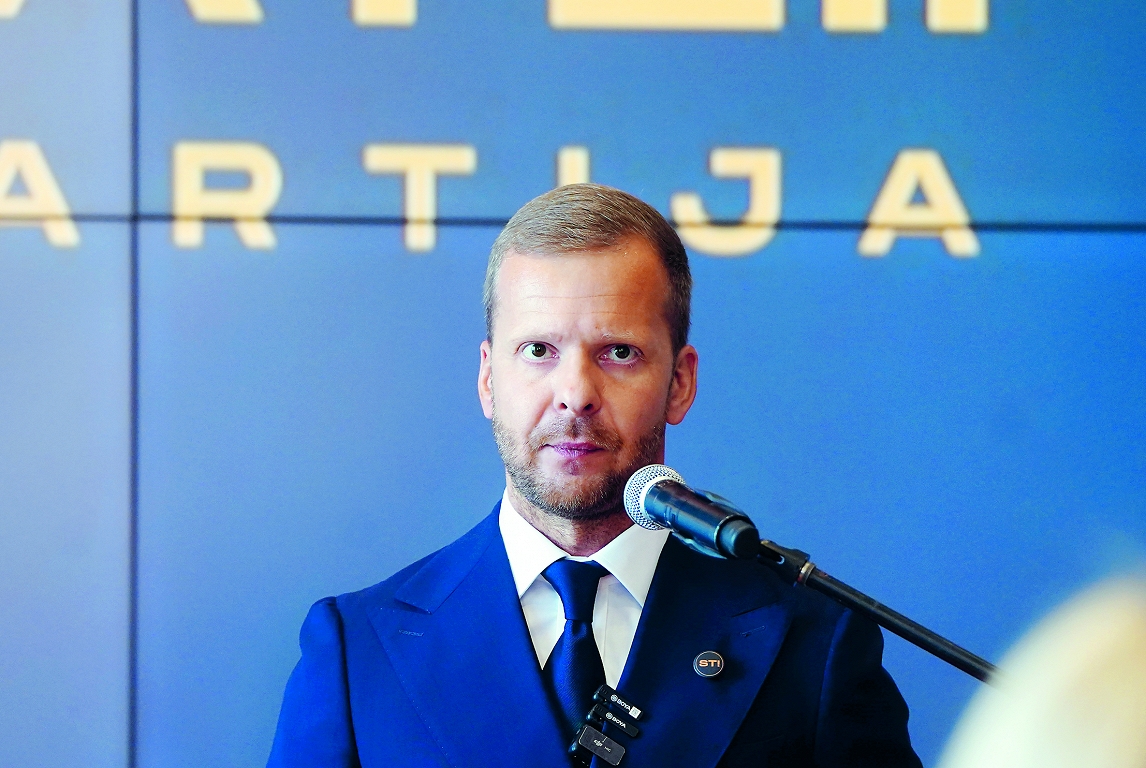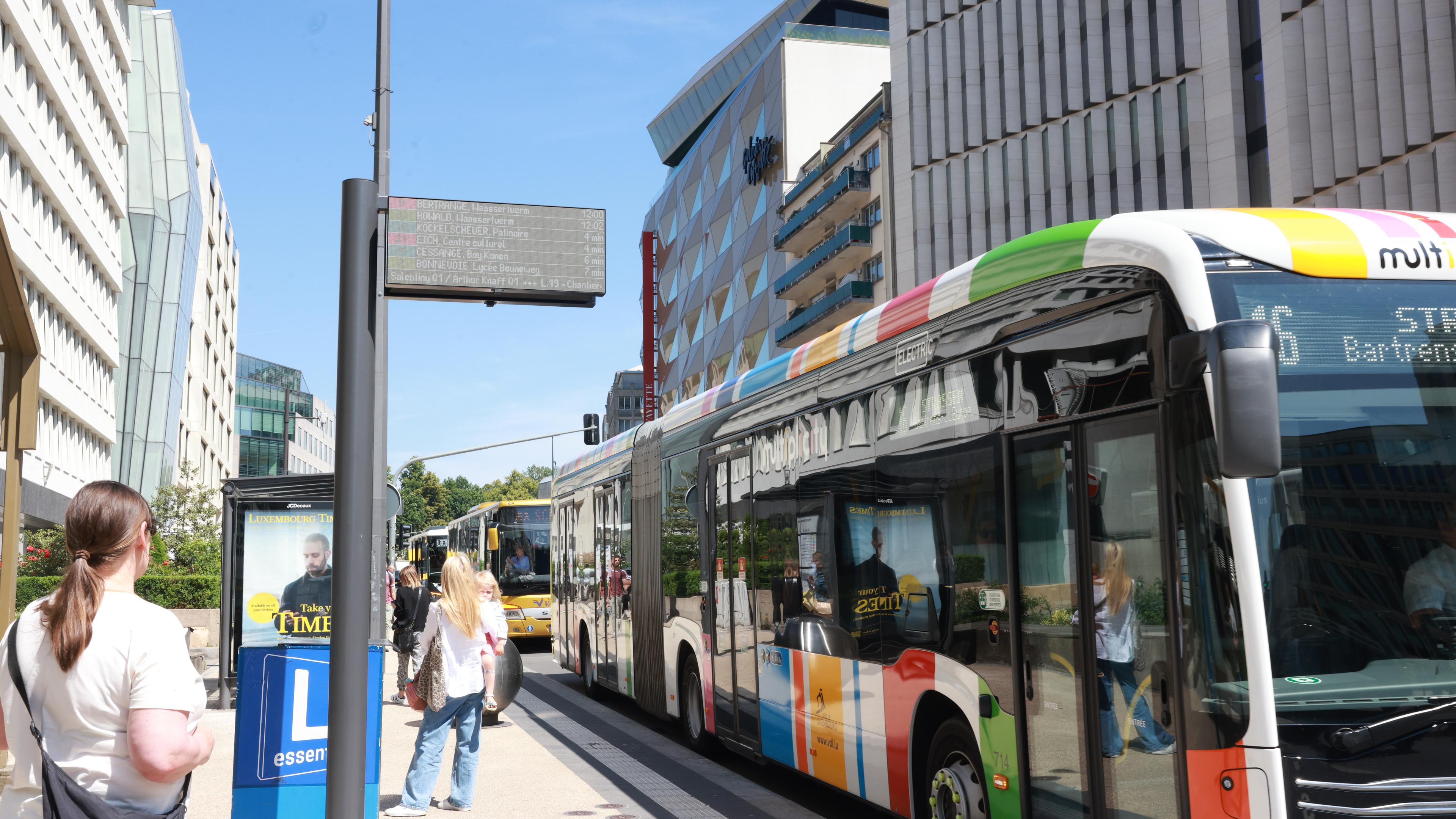AI helps the doctor, but time saving? It is not there, is the honest answer
/s3/static.nrc.nl/images/gn4/stripped/data131298898-6412bc.jpg)
« Who has ever used Chatgpt? », Trainer Bregje de Boer asks a group of about fifteen general practitioners at the end of March in a room of the National General Practitioners Association (LHV) in Utrecht. Fifteen hands are enthusiastically shooting up. Who uses the monthly? That is less.
The GPs came to Utrecht from all over the country on this Monday afternoon for a course of knowledge and advisory organization Roer over AI in general practice. Minister Fleur Agema (Public Health, PVV) sees artificial intelligence (AI) as one of the solutions for the mismanagement between the growing care demand on the one hand and the staff shortage on the other.
Thanks to AI, the burden of administration in healthcare can become a lot lighter, it says in the government program. It must be halved in 2030 to « around 20 percent of the working time ». The cabinet expects a lot from this.
It is not that far yet, but the contours of GP care supported by AI are becoming increasingly visible. Van Oorschot uses the paid version of OpenAi daily for his correspondence with patients. He has chatgpt letters translated into Arabic, Romanian and Polish, languages that are spoken a lot by his mixed patient population in Rotterdam South. For the people who speak Dutch, technology rewrites inaccessible medical texts to language levels B1 or B2.
Why shouldn’t we just abolish part of the administration?
It is just one of the ways in which Van Oorschot uses generative artificial intelligence in his work. During the in -service training of the LHV, the way in which he has implemented AI in his daily practice shows the exception rather than rule – the difference in knowledge of the GPs present is great. During an introductory round, one doctor says he is afraid of missing the boat – « If I don’t hire now, I will not understand it anymore » – while the other wants to know what to look out for when developing their own programs, for example for speech recognition.
Software listens along
In a group context, most GPs are curious and careful optimistic about the influence that AI can have on their work, says Kelly Peters, who has already led about twenty in -service training sessions of Roer together with her colleague Bregje de Boer. But if you speak to them one-on-one you will hear that many GPs AI also see as a threat that they are afraid to be replaced. There are worries about the time it takes to apply AI while it is not certain what this gives the doctor or the patient. Peters: « I try to convey that AI is not threatening, but supportive. AI can improve the quality of care and make the work more fun, because you have more time left for the patient. »
Speech recognition is a popular example, it appears during in -service training. Because one thing the general practitioners present have in common: they want to type less. It is not without reason that Juvoly, the company behind the software that general practitioners in the Netherlands often use, is also founded by a general practitioner. Since the launch, two years ago, according to a rough estimate of software developer and co-founder Thomas Kluiters, between five hundred and a thousand general practices (of the roughly 4,800 in the Netherlands) have been the customer. « That growth is quite steadily, » he says by telephone.
For 65 cents per patient, a general practitioner’s subscriber to Juvoly – that is not reimbursed by the health insurer. The practice where Van Oorschot works, with around eight thousand patients, has been a customer for a year and a half. The Rotterdam doctor has a round microphone on his desk with which the software from Juvoly listens during conversations with patients, who transcribe and summarizes afterwards. « Sometimes I show that summary to the patient after a consultation and I ask if it touches the core. That is going well. It sometimes helps to get behind the question. » By showing that summary, I hope to create room for that. When I still had to make it myself, the patient was not able to relieve my consultation room. «
Van Oorschot also uses chatbots on a daily basis to answer complicated medical questions from patients. He has subscriptions to Askaletta and Evidencehunt, chatbots that are fed with reliable medical information – in contrast to regular chatbots such as chatgpt and deep chat. These are especially good language models, because they are trained with unimaginably large amounts of text. But because a lot of actually incorrect information is put in, there are many untruths.
« I often hear from a patient: I have read something about this medicine, could that be something for me? Then I first look at Askaletta, which is looking for more in Dutch health guidelines. If that does not produce the desired answer, I will go to Evidencehunt, which is more trained to look for in medical literature, » says Van Oorschot.
The use of AI has made him a better doctor, he thinks. « I can now give good quality answers to questions to which I probably owed an answer five years ago. »
Minister Agema should not think that she will solve all our problems with this
Accessible
There are few GPs who invest so much time in AI as Van Oorschot. But have those AI tools saved him time, a general practitioner from Woerden asks during the in-service training. Van Oorschot: « The short answer is no. »
The multitude of tools also has a downside: anyone who has more tools at their disposal can repair more. Van Oorschot noticed that during the Coronapandemie, when general practices in rapidly digitized to continue to help patients. « People were able to ask us their questions online. Then we suddenly got questions such as: Which HOR should I install against mosquitoes? » He laughs. « You want to help all your patients. But in the end you spend more time on that due to that accessibility than before. »
When the course in Utrecht has come to an end, the Arnhem doctor Sanne Nooteboom wants to say something to NRC: « I thought it was a really nice in -service training and there was enough between what I want to use, but Mrs. Agema should not think that she will solve all our problems with this. She should not think that we are done with this. »
« It cannot be that Minister Agema refuses to look at the problems that healthcare is struggling with in other ways, » Nooteboom explains later. « GP care is already struggling with large staff shortages, while the demand for care is only getting bigger. Thanks to those AI-Foefs, we will probably become a bit more efficient, but they will not lead to structural lighting of our workload. »
« AI must now solve all the problems we have, » says Van Oorschot. « But if you go a step back and look at the problem with a metablik, then there might be better solutions. For example, why should we not just abolish part of the administration? All those control mechanisms were born from distrust to the care provider. If we had to buy more, we would not all have expensive AI software. »

:format(jpeg):fill(f8f8f8,true)/s3/static.nrc.nl/taxonomy/bf9b707-commentaar-itemafbeelding-2024.png)
/s3/static.nrc.nl/wp-content/uploads/2025/06/16193937/web-1606BIN_TUe.jpg)
:format(webp)/s3/static.nrc.nl/images/gn4/stripped/data133729780-453a5f.jpg)



